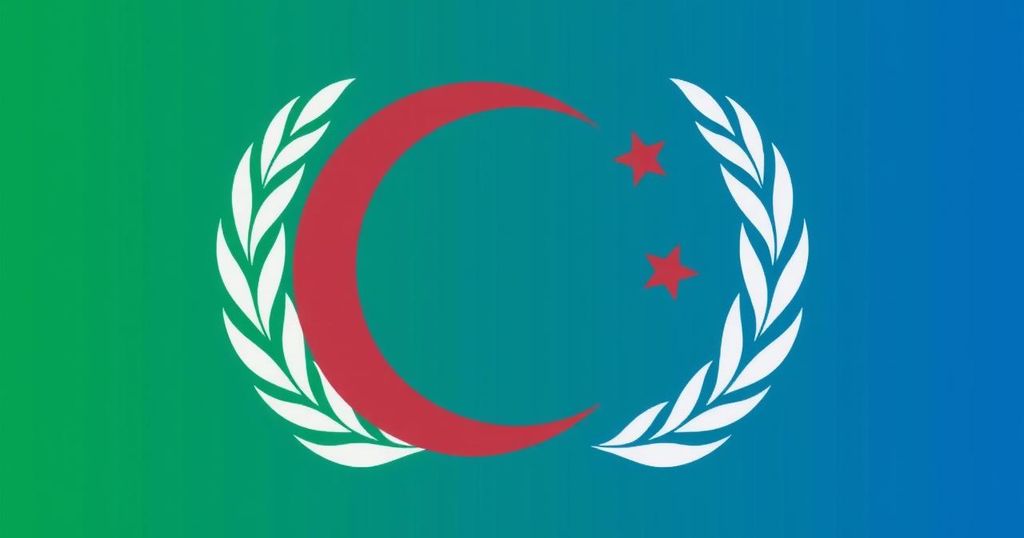Azerbaijan’s Attempt to Limit Criticism at COP29 Amid Human Rights Concerns

Azerbaijan is attempting to curb discussions about its human rights record at COP29, as a leaked hosting agreement suggests government authority to retaliate against criticism. This raises concerns about free speech and engagement among participants during the event. Human Rights Watch emphasizes the need for transparency and adherence to human rights standards, underlining the significance of COP29 as a forum for political discourse surrounding the host nation’s policies.
Azerbaijan is reportedly seeking to suppress discussions regarding its human rights record at the forthcoming COP29 climate conference, scheduled to take place in Baku from November 11 to 22. Leaked information from the hosting agreement between Azerbaijan and the UN Framework Convention on Climate Change (UNFCCC) reveals provisions that may allow the Azerbaijani government to retaliate against any criticism of its domestic policies. The finalized hosting agreement, which was established in August 2023, raises concerns among participants regarding the scope of their rights to free speech while attending the event. Key clauses within the hosting agreement grant certain immunities to participants; however, they simultaneously impose an obligation to respect Azerbaijan’s laws and refrain from interfering in its internal affairs. Unfortunately, the lack of clarity regarding what constitutes “interference” introduces ambiguity, potentially intimidating attendees who wish to engage in discussions about the country’s human rights concerns that might relate to environmental issues. In light of these issues, Human Rights Watch (HRW) has criticized the UNFCCC for its engagement with Azerbaijan, urging it to ensure that COP29 adheres to fundamental human rights standards. The organization has called upon the UNFCCC to increase transparency by making hosting agreements publicly accessible, rather than relying on civil society organizations to disclose such information. Furthermore, Frank Schwabe, a member of the German delegation at the Parliamentary Assembly of the Council of Europe, has emphasized that COP29 should serve as a legitimate platform for scrutinizing Azerbaijan’s human rights situation. He remarked, “No one should be afraid of criticizing the government. They have to talk about the situation in Azerbaijan, but not after COP29 ends.” Meanwhile, reports indicate that Russian President Vladimir Putin will not attend COP29, which may alleviate potential political challenges for Azerbaijan’s leadership at the conference. As COP29 approaches, considerable concerns persist regarding the safeguarding of free speech and the treatment of dissenting voices within Azerbaijan, raising questions about the broader implications for human rights during the climate discussions.
The COP29 climate conference is poised to draw attention not only for its discussions on environmental issues but also for its implications concerning human rights, particularly in Azerbaijan. In recent years, Azerbaijan has faced international criticism for systematic crackdowns on dissent and civil society, thereby creating an environment of fear for those who might engage in critical discussions about the government’s policies. The hosting agreement’s provisions raise alarm over the extent to which the Azerbaijani government may restrict open discourse, complicating potential criticisms of its record on human rights amidst a global climate agenda.
In conclusion, Azerbaijan’s hosting of COP29 is marred by significant concerns regarding freedom of expression and human rights. The hosting agreement’s ambiguous language allows for possible governmental retribution against critics, casting a shadow over the credibility of the conference as a platform for open dialogue. Human Rights Watch’s calls for improved transparency embody a pressing need to hold Azerbaijan accountable for its obligations to uphold human rights, especially in the context of a platform meant to address global challenges such as climate change.
Original Source: eurasianet.org








